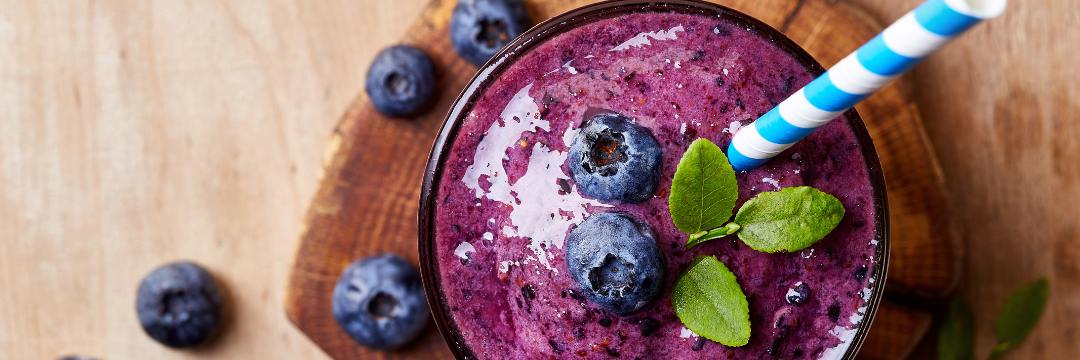Is a Smoothie Diet a Good Idea After Bariatric Surgery?

Smoothies are a big part of many bariatric patients’ postoperative life. This is primarily because we need so much protein that we often can’t get enough from our meals alone. Protein shakes become a great way to fill that deficit while enjoying something that tastes Good and contains essential nutrients. Protein shakes are usually used as a supplement for a meal each day but can also be used to get over the protein hump outside of meals.
However, you may have heard about smoothie diets that many celebrities and laypeople alike have employed with varied success in losing weight and feeling better. Does a smoothie diet make any sense after a bariatric procedure, and can it get you over the hump to your final weight loss goals?
The short answer is that, at least temporarily, a smoothie diet can hit some of your nutritional marks when appropriately planned. Smoothies high in protein and other vitamins can give you the calories and nutrition you need to stay healthy. Remember that a smoothie diet should be temporary, overseen by a dietitian, and performed only with high-quality ingredients that conform to bariatric postop guidelines.
Things to Look out for With a Smoothie Diet
As we implied above, creating a smoothie willy-nilly that does not conform to bariatric guidelines can be problematic. This kind of smoothie often does not have enough of the essential vitamins and nutrients you need to stay healthy after your bariatric procedure. Remember, you are not eating as much as you used to, and therefore, you’re not ingesting the calories, vitamins, and minerals you may need to have a healthy postoperative life. Working with your nutritionist or dietitian can help you develop a smoothie plan that hits all the marks.
Watch Out for Hidden Sugar!
If you create your smoothies, you can control the added sugar in your delicious drink. However, if you are using a commercial smoothie plan, you must understand how much sugar there is. You’d be surprised to know the amount of sugar sometimes blended into a smoothie and hidden using different terms for sweeteners. Further, some fruits used in smoothies have too much sugar for a bariatric patient, plain and simple. This can include pineapple, mango, citrus, fruits, and bananas. They are OK in moderation, but you must double-check to ensure that any smoothie you consume conforms to sugar limits.
Artificial Sweetener
Some smoothies contain artificial sweeteners to lower the calorie count. While this does mean you are not consuming the calories, artificial sweeteners are hundreds of times sweeter than regular sugar. As such, even small amounts of artificial sweeteners can trick the brain into craving more sweetness in the future. Studies have shown that artificial sweeteners can lead to type 2 diabetes just like natural sugar can.
Fiber
You should also remember that some smoothies do not contain a significant amount of bulk, and as such, it is advisable to add some fiber in the form of psyllium husk, chia seeds, or other high-fiber options. Further, because the smoothie goes down so quickly and easily, it is often pushed through the G.I. tract more quickly, and you may feel hungry again sooner. This is especially true when too much sugar or artificial sweeteners are used. As such, a smooth diet should be a short-term option that is well-controlled and overseen by a dietitian with appropriate meals and snacks mixed in.
Green Powder Options
You may have seen green powder superfood options advertised across multiple channels. These nutritional mixes are pushed as a great option for loading your body with nutrients and minerals. While they often contain a significant amount and variety of these nutrients, it’s questionable whether they are helpful. Some have artificial sweeteners, while others provide nutrients you don’t need. Before wasting your money, visit your primary care physician and get a blood test to understand what nutrients you may be deficient in. You can also work with your dietitian or nutritionist to introduce nutritious foods to boost certain levels.
So, Should I Try a Smoothie Diet?
Unfortunately, we can’t give you a definitive answer here without seeing your blood work. While smoothies may introduce excellent nutritional value, it’s always better to get these nutrients from your food by following your post-bariatric diet. Further, we don’t know if the FDA guidelines for nutrition are even relevant anymore. There’s so much variability out there that you should first consider the big picture – whole foods and cutting out processed, high-sugar, high-fat options. From there, you can optimize your nutrition with highly nutritious smoothies.



